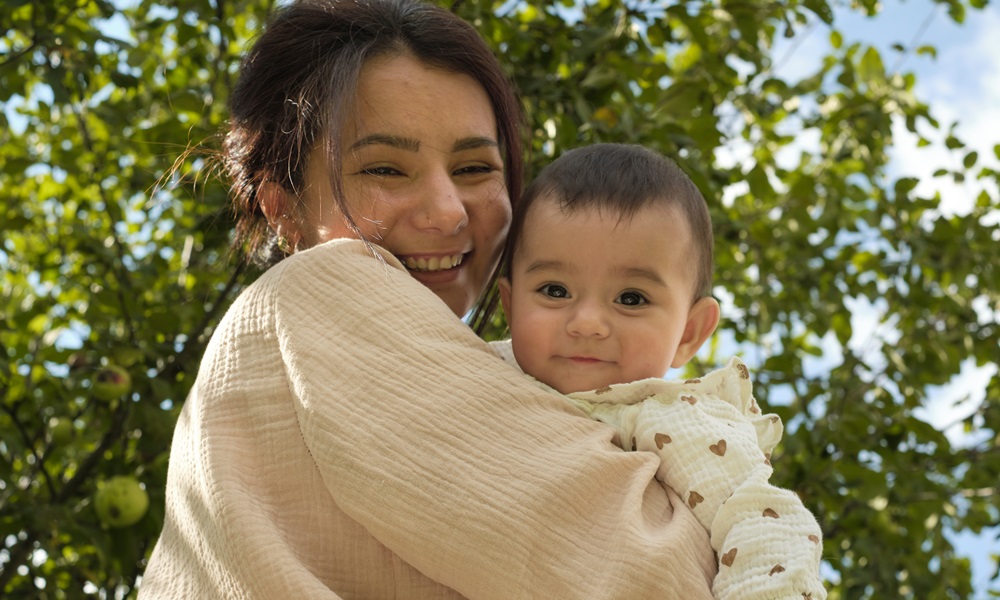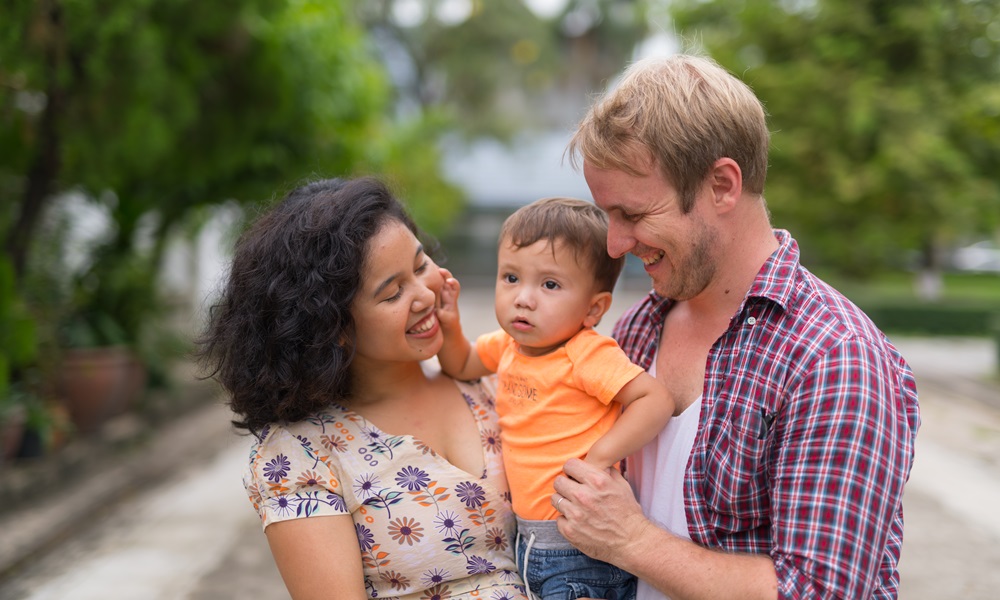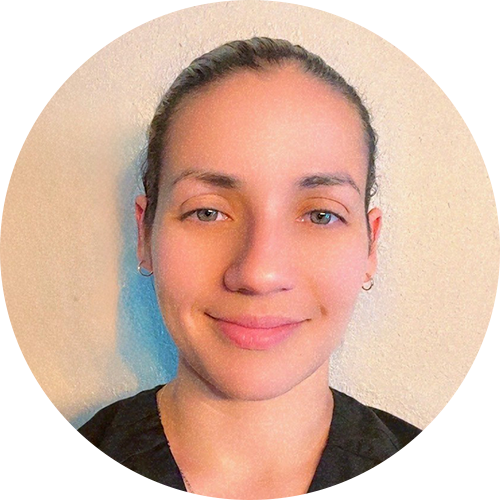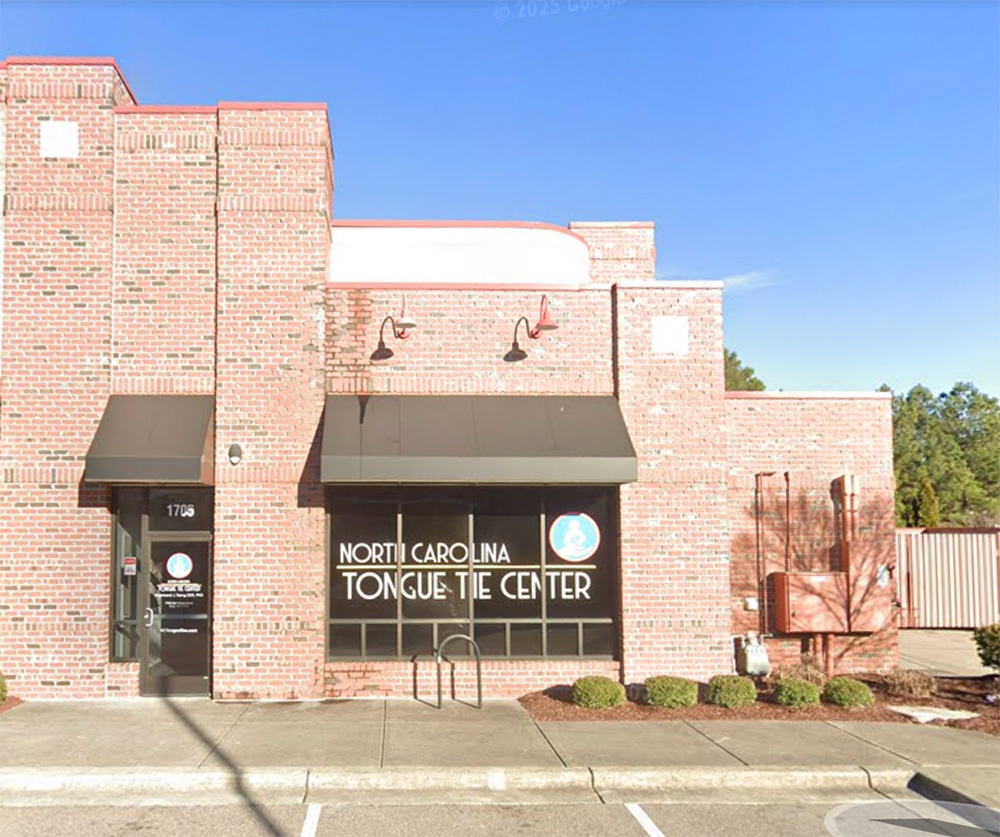I can smile with complete confidence! I can’t now imagine ever being concerned about appearing in photos. It’s just been a new lease of life. Thank you.
– Laura Hughes
I can smile with complete confidence! I can’t now imagine ever being concerned about appearing in photos. It’s just been a new lease of life. Thank you.
– Laura Hughes
We offer a comprehensive, integrative approach to tongue tie care – all under one roof. Families receive bodywork, expert feeding support, and functional oral releases using a CO2 laser, all at a global fee. But we know true success comes from teamwork. That’s why we encourage “prehab” care with you (IBCLC, SLP, and OT experts) before diagnosis. It provides clarity and ensures better outcomes post-release.
Continuity matters, and we recommend additional bodywork and feeding follow-up within a week of treatment. This sets the stage for healing and lasting results.

Our clinic is designed with the Centering Model of Care – families receive both treatment and education in a supportive group setting. Here’s what happens during their visit:
- Pre-treatment manual therapy (bodywork)
- Functional release with CO2 laser
- Immediate feeding support and interim plans tailored to your care
Parents leave with knowledge on recovery, feeding techniques, wound care, and therapeutic integration, plus access to our ongoing virtual support group.













